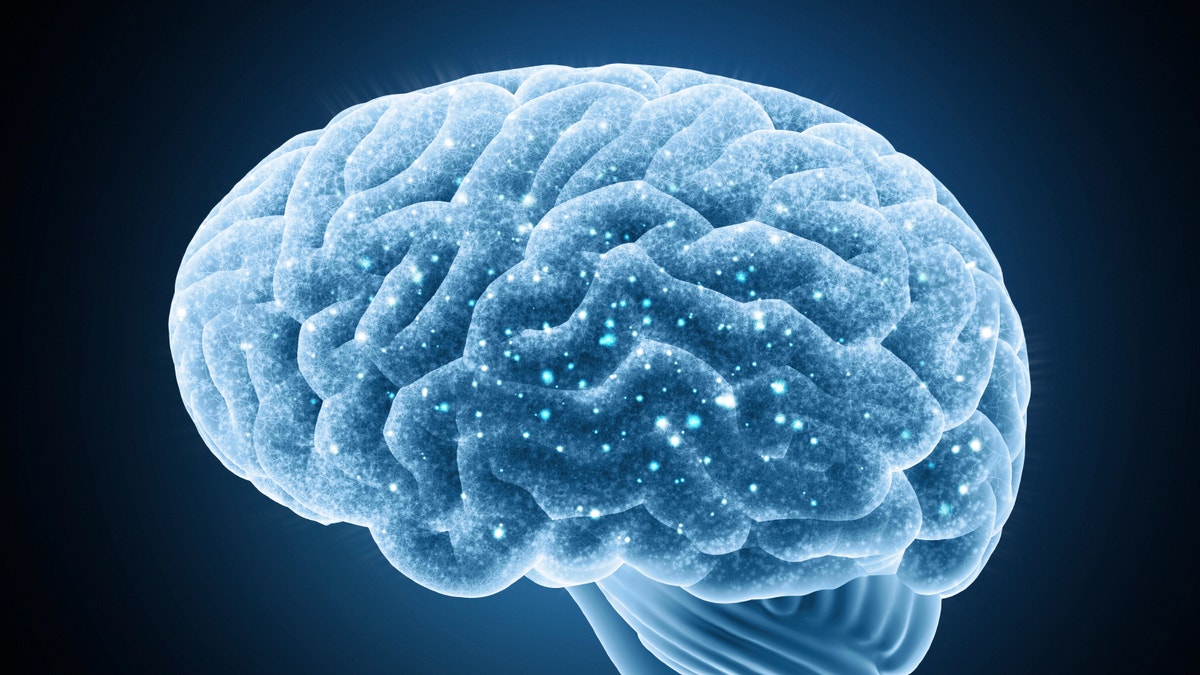
Although the days when women couldn’t vote or own property now seem light years away, we all know someone who clings to antiquated beliefs like, “women are too emotional to be great bosses” or even “boys don’t cry.” We tend to chalk this up to character, but could it really be that some of us are hard-wired to think this way?
According to the authors of a new study in the journal Scientific Reports, yes, that’s possible. After scanning the brains of 681 young men and women and surveying them about their beliefs, the Japanese researchers found that the brains of people with sexist views tended to be physically different from the brains of those who believe in gender equality.
The participants (306 women and 375 men) were asked to complete a questionnaire about their attitudes on role-sharing, raising children, and women in the workplace (such as whether or not they agreed with statements like “household labor should be a collaborative work between sexes”). Their responses were then measured using what researchers call the scale of sex-role egalitarianism (SRE) beliefs. Participants with more sexist views have lower SRE scores; more egalitarian people score higher.
RELATED: 10 Signs You Should See a Doctor for Depression
After scanning the students’ brains, the team teased out a connection between SRE scores and the density of gray matter in two different areas: the posterior cingulate cortex (a part of the brain that helps you process emotions like anger, pain, and fear), and the right amygdala (another area of the brain that’s important for processing emotions). Participants with more sexist views tended to have more gray matter density in the posterior cingulate cortex and less gray matter density in the right amygdala.
The study authors believe this could mean that people with sexist beliefs are more likely to exhibit hostile, competitive behaviors, and be prone to depressive tendencies. “These findings suggest that variations in stereotype on sex role have roots in the limbic brain structures linked to contentious interpersonal orientation (cingulate) and negative mood (amygdala),” they wrote. They also believe that the findings could suggest a connection between sexism and negative things like a tendency toward low mood and anger.
No doubt, these are fascinating findings, but there is one big caveat: “The correlations were not high,” the authors admit, “and other factors such as education, family, or parental environmental factors may have had a impact on an individual’s SRE.”
In other words, until more research is done, it’s not time yet to blame your sexist uncle’s backwards views wholly on brain structure. There’s still hope for changing his mind after all.
RELATED: 17 Ways to Age-Proof Your Brain
